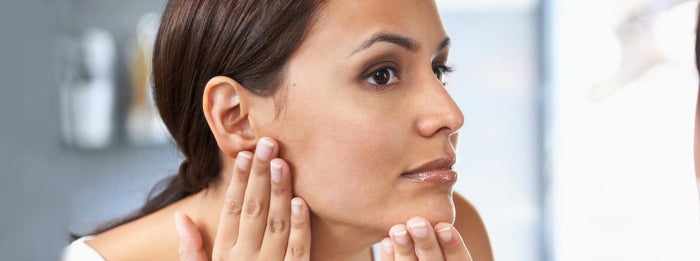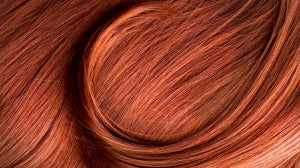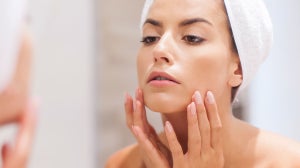
Acne. Though a skin condition most commonly associated with teenage skin, acne also affects many adults. It’s something that can take away our confidence and cause upsetting scarring that lasts far beyond the breakout, especially if not treated correctly. Breakouts were stereotypically associated with poor skin hygiene and a bad diet, but we have to ask ourselves: are these stereotypes really what causes acne? Or, is it just an unfair label given to those who have little control over how their skin wants to behave?

How Is Acne Really Caused?
Acne is caused by overly sensitive sebaceous glands, which react to hormones in the blood. These cause the glands to produce an excess of oil. At the same time, the dead skin cells lining the pores are not shed properly and clog up the follicles. These two effects result in a build up of oil, producing blackheads and whiteheads. The bacteria that lives on everyone’s skin, usually causing no problems, pose different problems in those prone to acne, as the build-up of oil creates an ideal environment in which these bacteria can reproduce. This triggers inflammation and the development of red or pus-filled spots.
So in other words, acne is born! Luckily, with today's research rich skincare brands and the wide range of expertise available within dermatology, there are many skincare brands which are focused purely on treating acne and reducing the inflammation. One of our favorites is SkinCeuticals, known for their blemish correcting ingredients and use of retinol.
Acne Stereotypes
Commonly teenagers have oily skin due to hormonal changes, therefore they are the first age group thought of when you think of unruly skin. But there are no limits on age when it comes to acne, and teenagers aren’t the only ones with hormones. Arguably women are next in line for hormone irregularity. Whether its periods, pregnancy, menopause or contraception, it can all lead to fluctuating hormones and in turn- breakouts on the skin. Lovely.As a therapist, I have heard many stories of people with acne using shop bought products that dry the skin out in the hope this will reduce the formation of spots. Drying the skin out will only make the skin produce more oil as it tries to maintain its balance and over drying it with alcohol based toners and face washes will only worsen the spots, especially when you stop using the product.

Mild cleansers might actually be best to start with to see how your skin reacts, but it can take up to two months of using a product before an improvement is noticed. So try to have patience, even though suffering from acne is a stressful time. It will take time for your skin to heal and start reacting to the treatment, and for the product to start working to its potential.
Murad is another of our favorite skincare brands, praised for it's gentle acne fighting products. Packed with active ingredients such as salicylic acid and skin brightening Vitamin C, the products create an effective skincare regime to calm and clear.
Top Tips To Treat Acne:
- Try not to pick or squeeze your spots as this usually aggravates them and may cause scarring.
- Cleanse your skin and remove make-up with a mild face wash or a gentle cleanser, an oil-free soap substitute is also ideal. Scrubbing your face too hard can irritate the skin and make your acne worse- remember blackheads are not due to poor washing - and they can be helped by gentle exfoliation.
- Acne isn’t down to a poor diet, although eating one will surely help with your skins healing process and general health of your skin. Keep sugary foods and those high in fat to a minimum - your overall health with thank you regardless!
- Gentle exfoliation or enzyme cleansing will help with any build up of oil and dead skin. With oily skin, try not to exfoliate more than twice a week as anymore than this might over stimulate the sebaceous glands to produce more oil. However, for drier skin types, you can exfoliate up to 3-4 times a week. This is because you want to produce oil on the skin to assist with the extreme dryness.
- Clay based masks containing anti bacterial properties are perfect for oily skin and those prone to acne. As the natural clay in the masks dries the skin (and the acne), the clay absorbs excess oil and pulls it away from the pores of the skin, leaving your skin feeling cleaner and more balanced.
For those who want a three step acne fighting system, there is a SkinMedica Acne Systemwhich includes an acne treatment foaming cleanser, treatment toner and treatment lotion which employ natural, therapeutic antiseptics to destroy bacteria, clean deeply, speed healing, and reduce breakouts on blemish-prone or troubled skin.
As adult acne is a common, reoccurring skincare issue, we feature lots of helpful articles based on this topic regularly on the blog. Retinol is another popular ingredient said to help fight acne, which you can read up on here.

Related Articles








